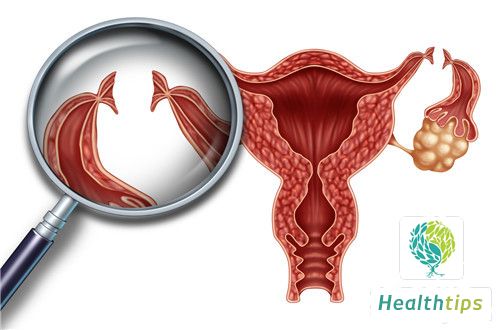What are the benefits of giving vitamin D2 and D3 to babies?
Update Date:
Source: Network
Firstly, the functions and benefits of vitamin D2 include the following:

- Vitamin D2 can help improve the absorption of calcium and phosphorus in our bodies, maintaining a saturated level of plasma calcium and phosphorus, thus effectively safeguarding the health and stability of various bodily functions.
- Moreover, vitamin D2 can promote body growth, bone calcification, and dental health. Therefore, it has important practical significance in preventing and treating osteoporosis, which is a crucial aspect we need to understand.
- Vitamin D2 can help increase the absorption of phosphorus by the intestinal wall and further enhance the reabsorption of phosphorus by the renal tubules.
- Vitamin D2 plays a vital role in maintaining normal levels of citrate in the blood, which is one of its functions that we cannot ignore.
- Lastly, vitamin D2 can help prevent the loss of amino acids through the kidney area.
Secondly, what are the functions and benefits of vitamin D3?
- Vitamin D3 can prevent vitamin D deficiency, especially for those who frequently diet or have pancreatic dysfunction. Maintaining normal levels of vitamin D3 in the body can promote recovery from these conditions.
- Vitamin D3 can treat chronic hypocalcemia by promoting the absorption of calcium and phosphorus. If the body lacks these nutrients, calcium will not be absorbed effectively, leading to osteoporosis. The synthesis of vitamin D3 can also be supplemented by exposure to sunlight. The skin can synthesize vitamin D3 after exposure to sunlight, as cholesterol in the skin is converted into vitamin D3. Therefore, ensuring that a person receives sufficient sunlight daily can meet the body's need for vitamin D3.



















